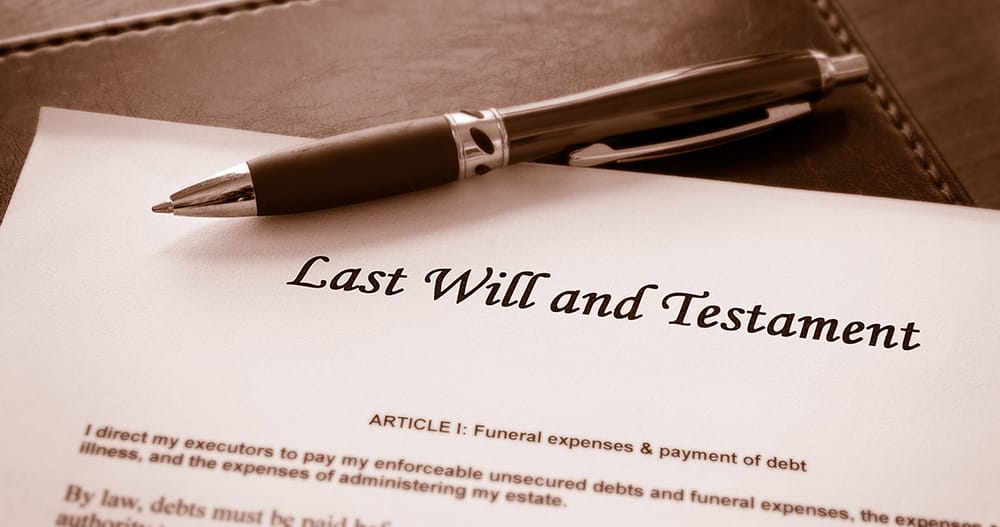A will is a legally documented instruction of a person’s specific orders for the distribution of his or her assets upon death. If a person believes the will of a family member or a friend does not reflect the deceased person’s true final wishes, he or she may be entitled to bring a will challenge. However, this is a complicated field of estate law, and pursuing this particular type of legal proceeding often requires legal guidance.
Challenging a will of a deceased individual will require certain steps to be taken. Prior to commencing the challenge the objector will need to determine if he or she has standing to do so. To have standing to challenge a will, the objector must have a potential financial interest in the estate; or example, if he or she were named as in a prior will of the deceased or would have been a natural heir if there had been no will. The objector must file a will challenge within the period prescribed by the applicable laws of the province.
A person who has standing and the ability to file an objection, must also have grounds to do so. To validate such a contest, the first ground might be proof that the will lacked the proper legal formalities when it was signed. The next ground may be the deceased’s lack of mental capacity when the will was executed, or that there was undue influence on the deceased in the drafting of the will. Lastly, being able to prove that the will was fraudulently procured may also be sufficient to challenge it.
Before proceeding with filing a will challenge, a consultation with an experienced Ontario estate litigation lawyer may be appropriate. It is advisable to do this before the estate is distributed. A skilled lawyer can assess the allegations and examine the eligibility of the objector, the timeliness and the grounds in order to determine the validity of such a lawsuit and all possible legal options.








